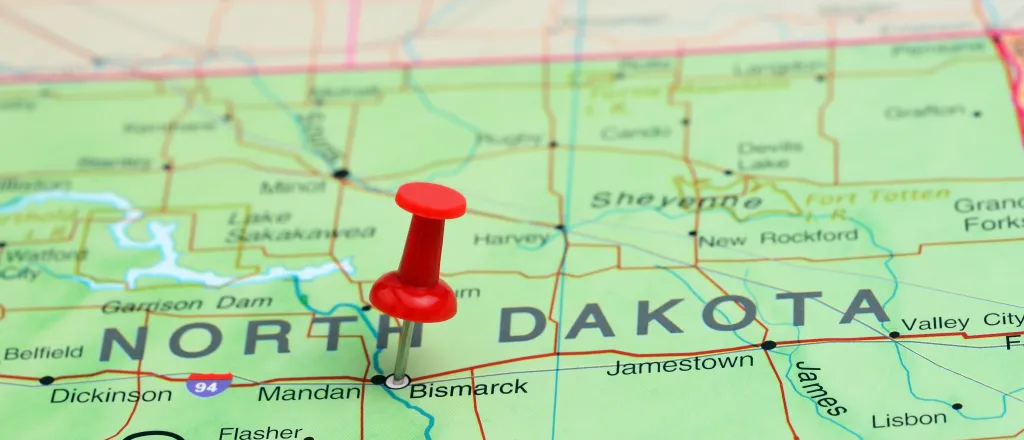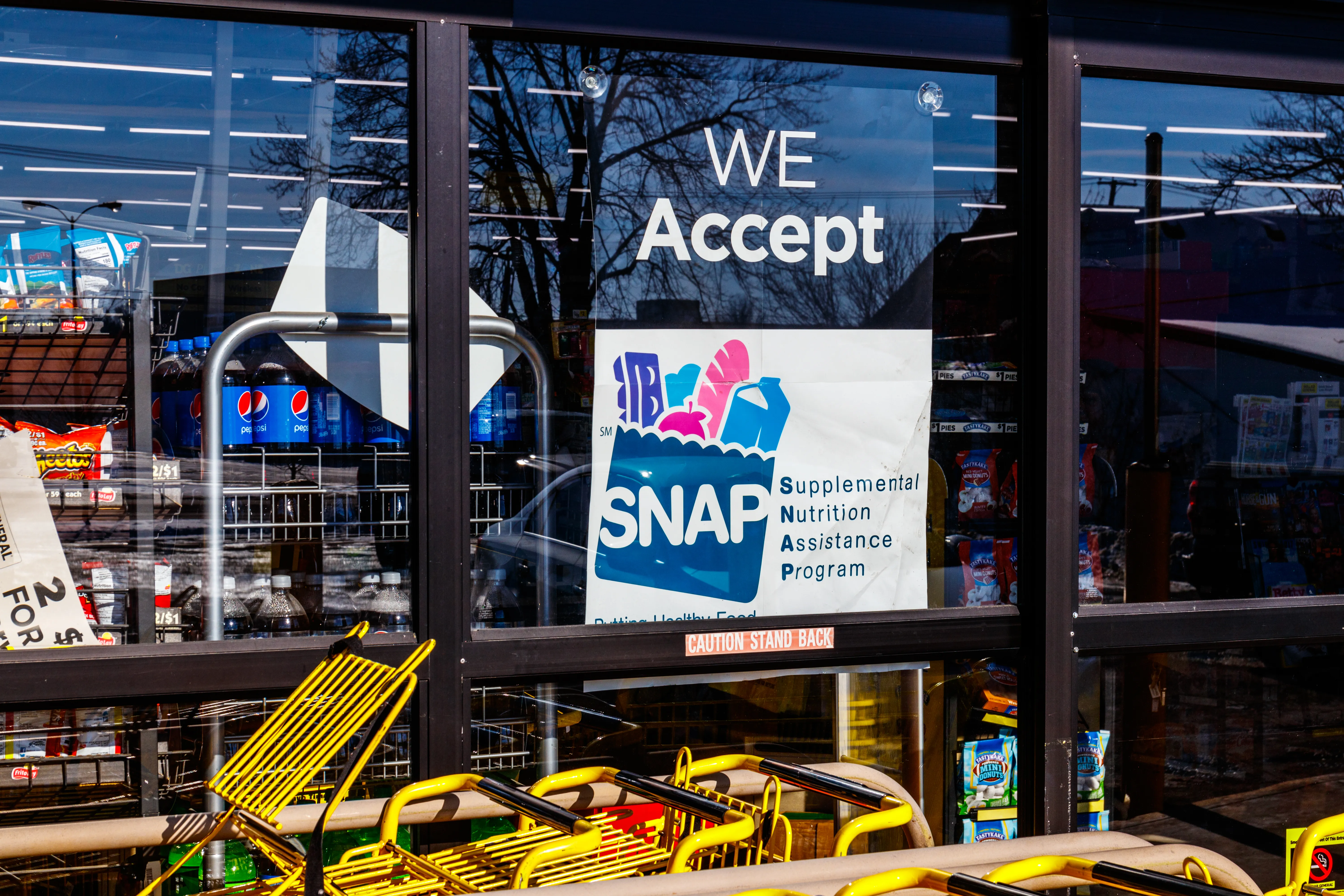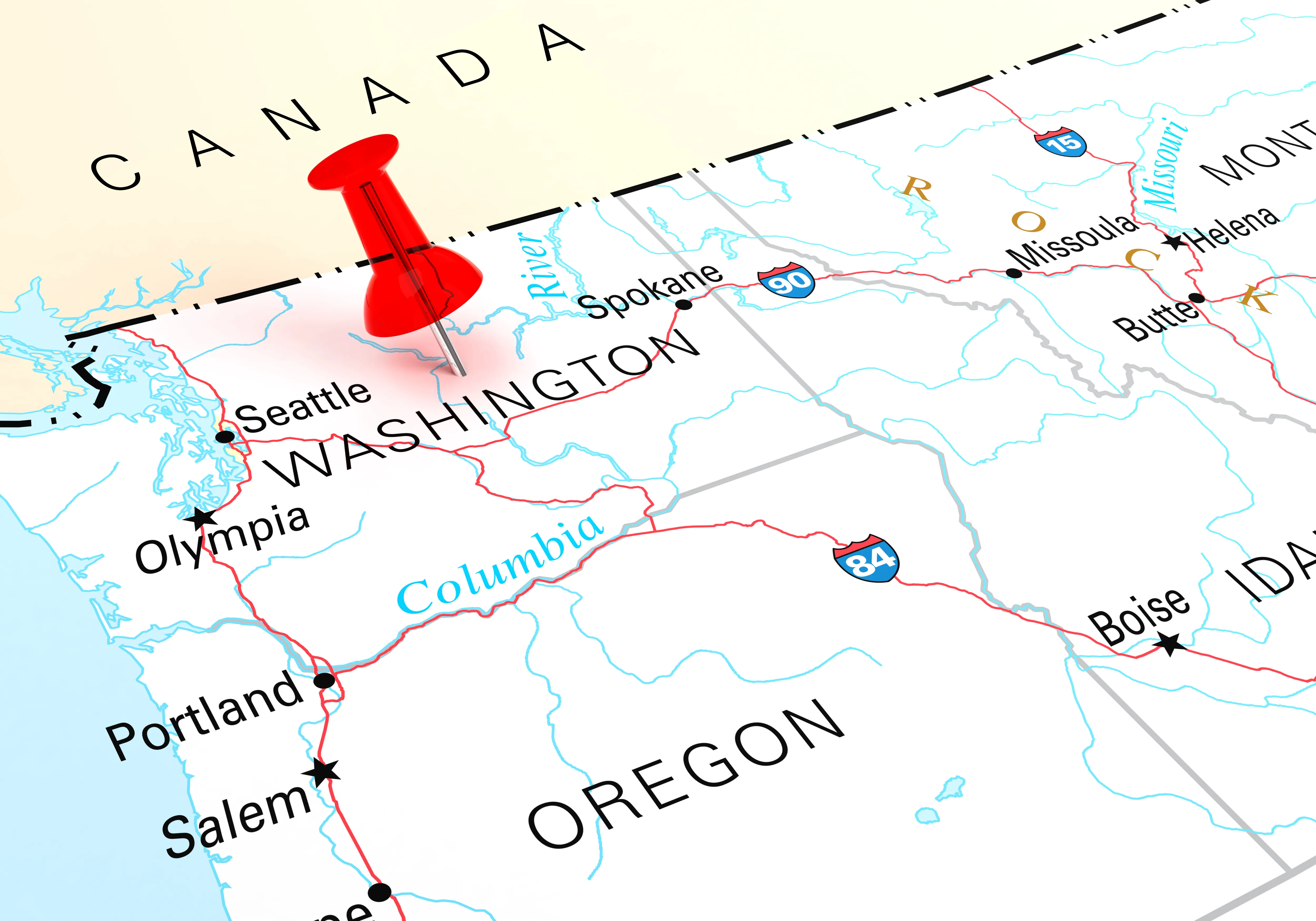
North Dakota school boards to give new public comment law a test
Click play to listen to this article.
As North Dakota schools welcome back students, the boards overseeing their districts have a new state law to comply with dealing with public comments at open meetings.
The law took effect August 1 and requires all local governing bodies, including school districts, to allow residents to speak at every regular meeting. Supporters said the change is needed because they felt some boards around the state were too restrictive.

© iStock.com - leolintang
Amy De Kok, executive director of the North Dakota School Boards Association, said the new law comes at a time when there is great pressure on those deciding local education matters.
"Communities are asking tougher questions about funding, lawmakers are adding more and more strings to the dollars that they provide," De Kok outlined. "We are still hearing largely, I think, on a national stage, calls for reform of public education."
Historically, school boards have been nonpolitical but there has been a larger influence of candidates and parents demanding districts take up "culture war" issues. The Association had opposed the initial bill the Legislature considered this past spring, calling it too broad without reasonable limitations. Backers touted compromises along the way, including limiting topics to the current agenda or from the previous meeting.
In talking to its members about the changes, the Association acknowledged the need for inviting the public to learn more about local school decisions, while keeping the heated rhetoric at bay. In crafting their policies under the new law, De Kok stressed school boards need to make clear what kind of conduct is out of line.
"Interruptions, defamatory remarks or persistent personal attacks, generally shouldn't be allowed," De Kok explained.
De Kok added it is important for public boards to hear valid criticism but cautioned disrespectful behavior can interfere with the need to conduct business. She also alluded to ensuring those in the audience follow decorum, suggesting heckling and prolonged clapping can be a form of intimidation to others in attendance.

















